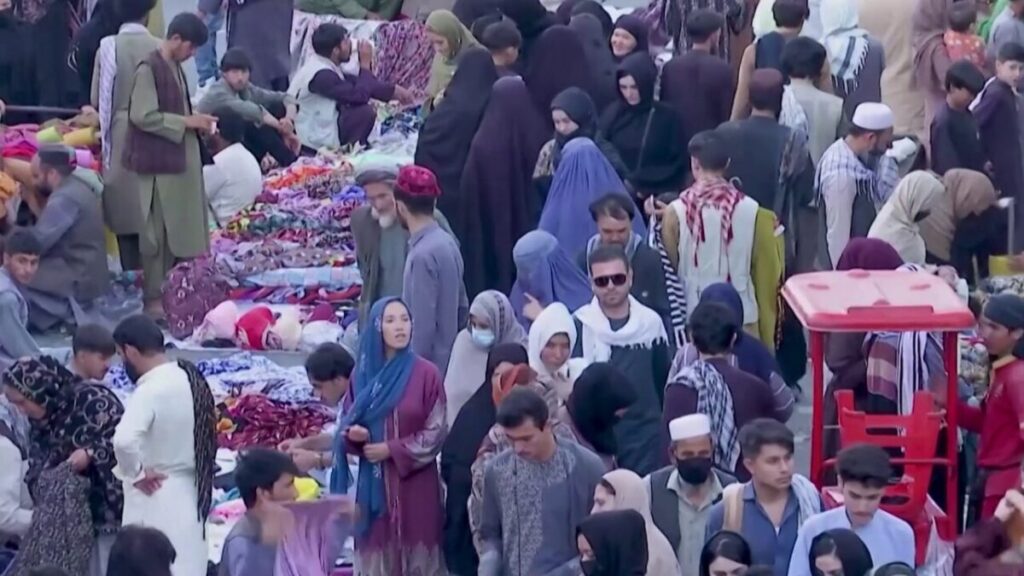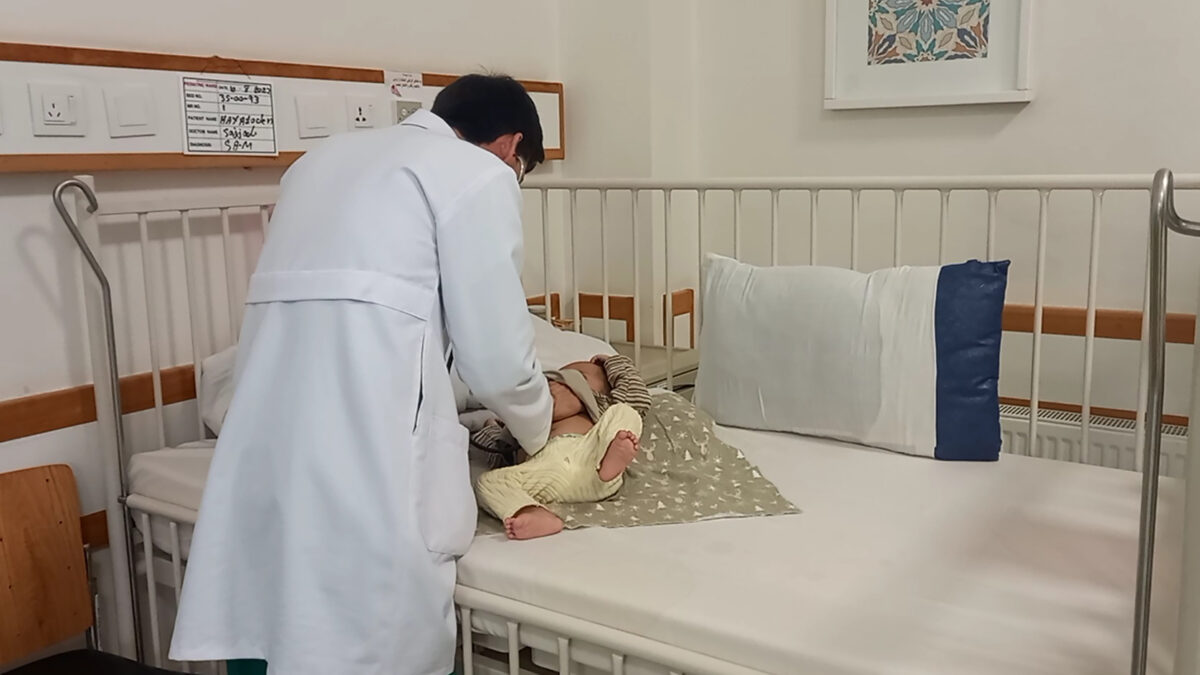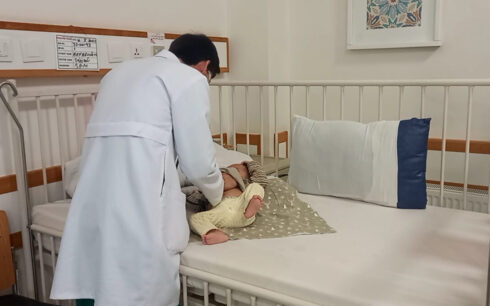KABUL, Afghanistan — As winter descends, a surge in seasonal illnesses is sweeping through the Afghan capital, Kabul, and other major cities.
Residents are battling a trifecta of cold weather, air pollution, and a worsening humanitarian crisis that has crippled the country’s health care system. Many Afghans are finding themselves unable to afford even basic medical treatment.
For 21-year-old Ayesha Nazari, the seasonal illnesses have been relentless.
“I’ve been ill for about a week and a half,” Ms. Nazari said. “I’ve visited the doctor two or three times. They gave me IV drips, injections, and medication. But despite all of this, I haven’t recovered much. I can’t go outside, take care of household chores, or focus on my studies.”
Such stories are increasingly common as Kabul’s residents contend with respiratory infections, colds, and persistent coughs. Many believe the illnesses are exacerbated by the city’s poor infrastructure, which produces high levels of dust and pollution.
“Afghanistan does not have proper roads,” said Shamila, a Kabul resident. “The streets and sidewalks are full of dust and dirt, which causes diseases. Because of poverty, people can’t afford hospital treatments, and even when they can, the medicine often isn’t effective.”

Doctors warn of widespread respiratory infections
Medical professionals in Kabul’s government hospitals confirm that respiratory and influenza-like illnesses are spreading rapidly, especially as temperatures drop.
“With the arrival of cold weather in colder regions, these diseases become more contagious,” said Dr. Mujtaba Maroufkhil, a physician. “Symptoms include colds, runny noses, body aches, fever, loss of appetite, and muscle weakness. Among children, these illnesses often escalate into chest and respiratory infections.”
Dr. Shahran Noori, another physician, noted that close quarters during the winter season often exacerbate the spread of illness.
“When five or six people are in the same room, and one of them is infected, these diseases spread quickly,” he said. Common complaints include sore throats, headaches, and colds, which tend to peak during the colder months.
A health care system in crisis
The rising prevalence of seasonal illnesses comes as Afghanistan’s health care system faces profound challenges. Since the Taliban’s takeover in August 2021, access to medical services has declined, particularly in rural areas, leaving millions without adequate care.
The United Nations Population Fund reported in September that Afghanistan remains one of the most dangerous places in the world to give birth. According to the report, one Afghan woman dies every two hours from pregnancy-related causes, which are often preventable with access to skilled care.
The country’s health crisis is compounded by widespread poverty. Many citizens are forced to rely on overcrowded and under-resourced government clinics, where treatment options are limited and medicines often ineffective.
Pollution and poverty create a vicious cycle
Residents also blame Kabul’s chronic pollution for their health woes. With limited public services and poorly maintained roads, the capital endures some of the worst air quality in the world, particularly during the winter months when residents rely on wood and coal for heat.
The dust-laden streets, coupled with economic hardships, have created what some describe as a “vicious cycle” of illness and financial strain.
“The combination of polluted air, poverty, and lack of proper infrastructure is making people sick,” Shamila said. “And most families can’t afford to get better.”
As the season deepens, Kabul’s citizens are bracing for what many expect will be a harsh winter — one not just of cold but of mounting health challenges.





